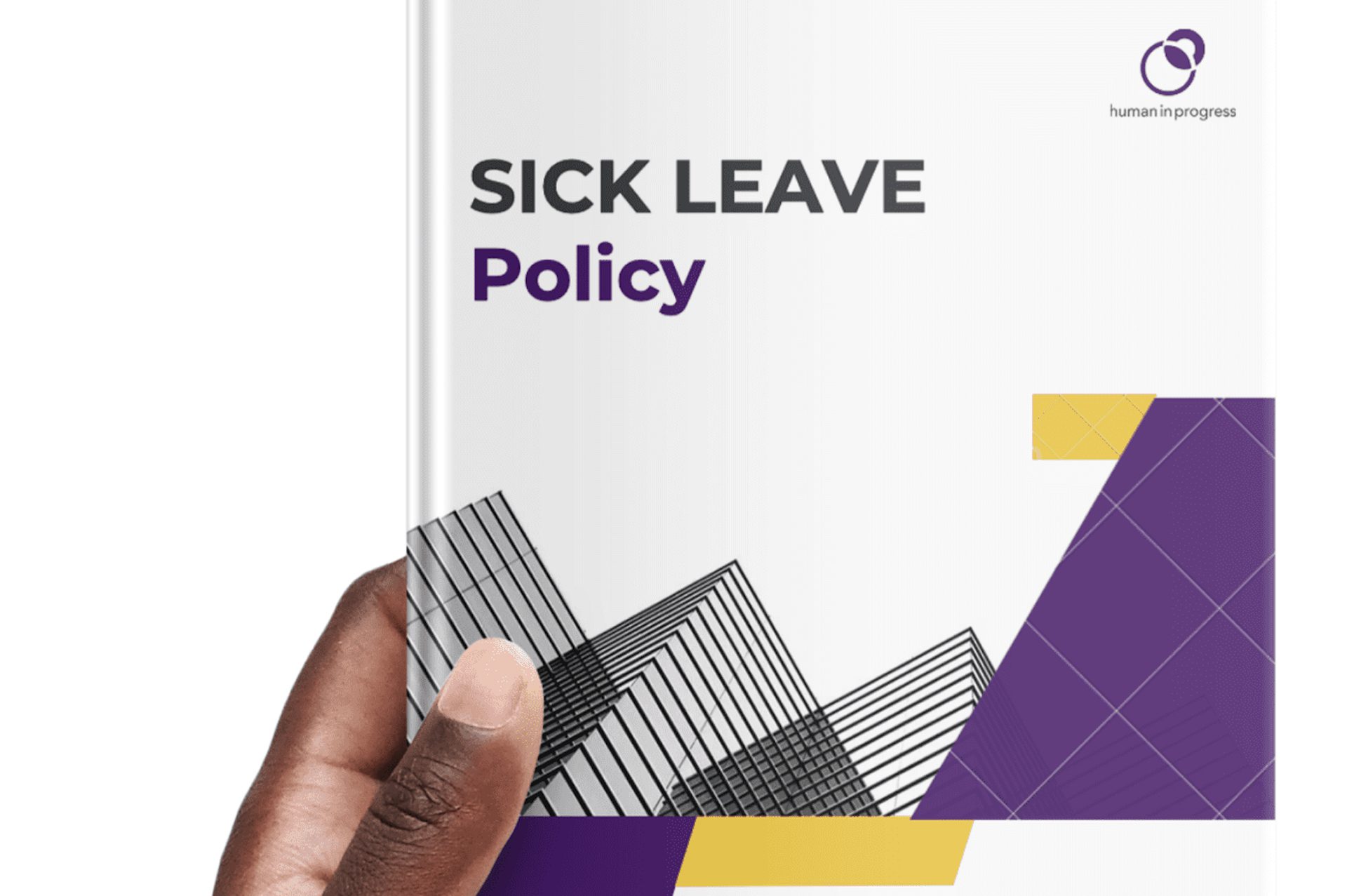
Artikel
23
oktober
Lack of Autonomy Is a Major Reason Clinicians Are Exiting the Field
Patient safety and lack of autonomy are two of the biggest reasons why so many clinicians are leaving the medical field, according to a new report published by EY.
Amid the clinical burnout crisis, healthcare workers have spoken candidly about their moral injury, which refers to the feeling of knowing that they aren’t able to provide patients with the quality of care they need and deserve due to workforce and resource constraints. Clinicians’ concerns about patient safety are a major factor driving their exits from the field, and this is something that has been covered extensively by the media and is well-known within the healthcare sector, pointed out Aloha McBride, EY’s global health leader, in an interview. Clinicians’ grievances about their lack of control when it comes to making decisions about their patients’ care plans is a less-discussed subject, though.
For its report, EY conducted more than 100 interviews with frontline clinicians and health system executives between March and June. The interviewees came from nine different countries: Australia, Brazil, Canada, Colombia, England, Germany, Ireland, Japan, Norway, Sweden and the U.S.
“Among the clinicians that we interviewed, it was really clear that this concept of a lack of autonomy was huge for them. Forty-two percent of them stated that this would be the top reason they would leave healthcare altogether. They don’t feel like their judgment is respected, nor is their ability to make the right decisions with their patients about their care. They said this lack of autonomy inhibits their ability to provide safe, wholesome care for their patients,” McBride said.
Clinicians often feel like they have to tailor their patients’ care plans to fit the health system’s policies instead of simply creating the plan based on what is best for the patient and their health, she explained.
For example, sometimes a health system won’t be able to meet a patient’s needs because of their insurance coverage or geographical location. In these situations, clinicians are forced to modify the patient’s care plan so that it aligns with the rules that the health system has in place.
“[Clinicians] are kind of prescribed a care pathway that may or may not work for their patient. And a lot of times, they end up having to call around to other other facilities and figure out how they can get care needs met for that patient,” McBride said.
Clinicians also feel like they don’t have freedom to spend enough time with their patients, she added. Most of the clinicians that EY interviewed said that even when they have administrative tasks taken off their plate, it doesn’t allow them to spend more time with their patients — it just allows them to see more patients.
Many of these clinicians said that their health system wants them to see as many patients as possible, McBride noted. When a health system prioritizes the quantity of patient visits, it often means that clinicians are left with incredibly short windows of time — often five to 10 minutes — to meet with patients and hear their concerns, she explained.
“Hospital executives say ‘Okay, great — you have more time, so we’re going to add more patients to your roster today.’ Then it’s like a vicious cycle — they never get the time back to appropriately allocate to those patients,” McBride said.
Photo: FG Trade, Getty Images
What's your reaction ?
Follow us on Social Media
Some Categories
Recent posts

July 27, 2024
Nieuwe kabinetsvisie: samen sterker tegen cyberdreigingen

July 24, 2024
Navigating AI Implementation: Try these strategies to overcome resistance.

July 24, 2024
Sick Leave Policy Netherlands Guidance for HR and Entrepreneur.

July 24, 2024
CSRD Reporting: Mandatory Reporting on Corporate Sustainability.

July 24, 2024
Training Budget: Investing in Employee Development.

 Inloggen
Inloggen
 Registreren
Registreren






Comments (0)
No reviews found
Add Comment